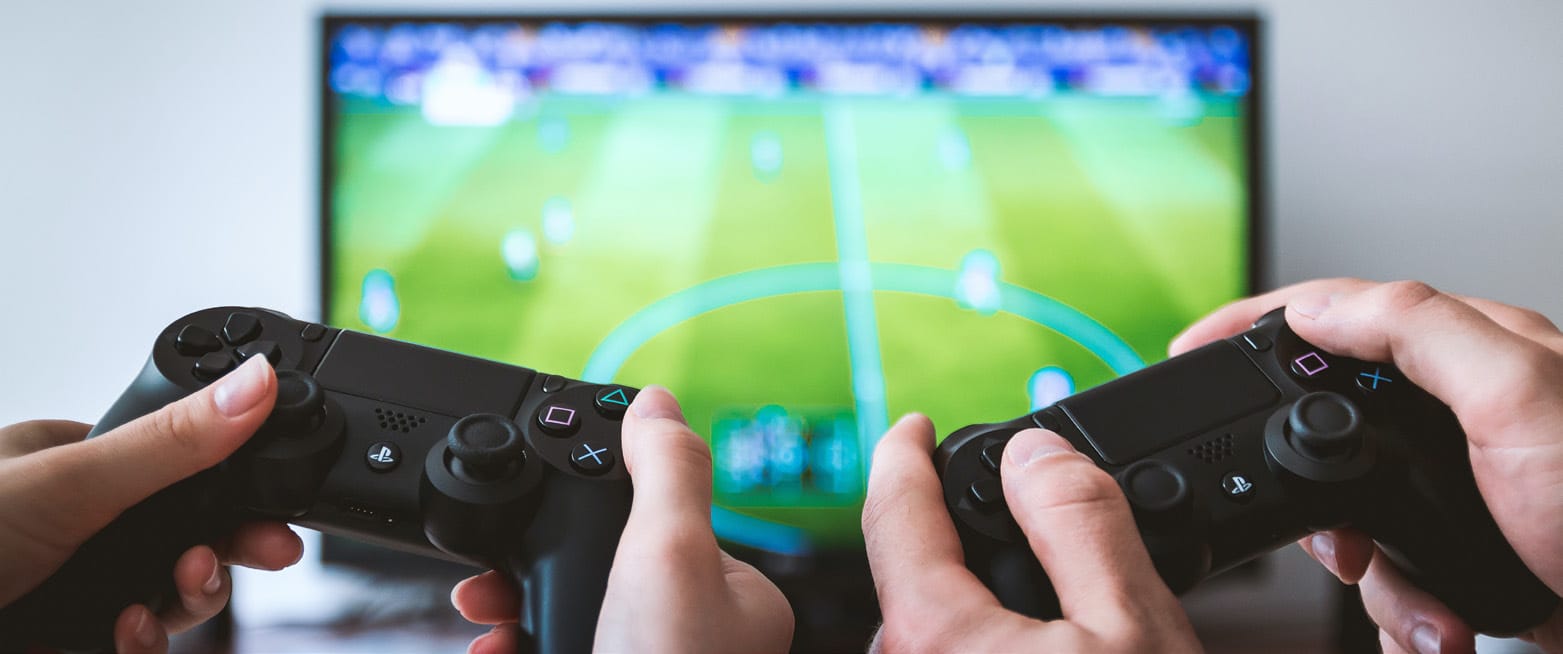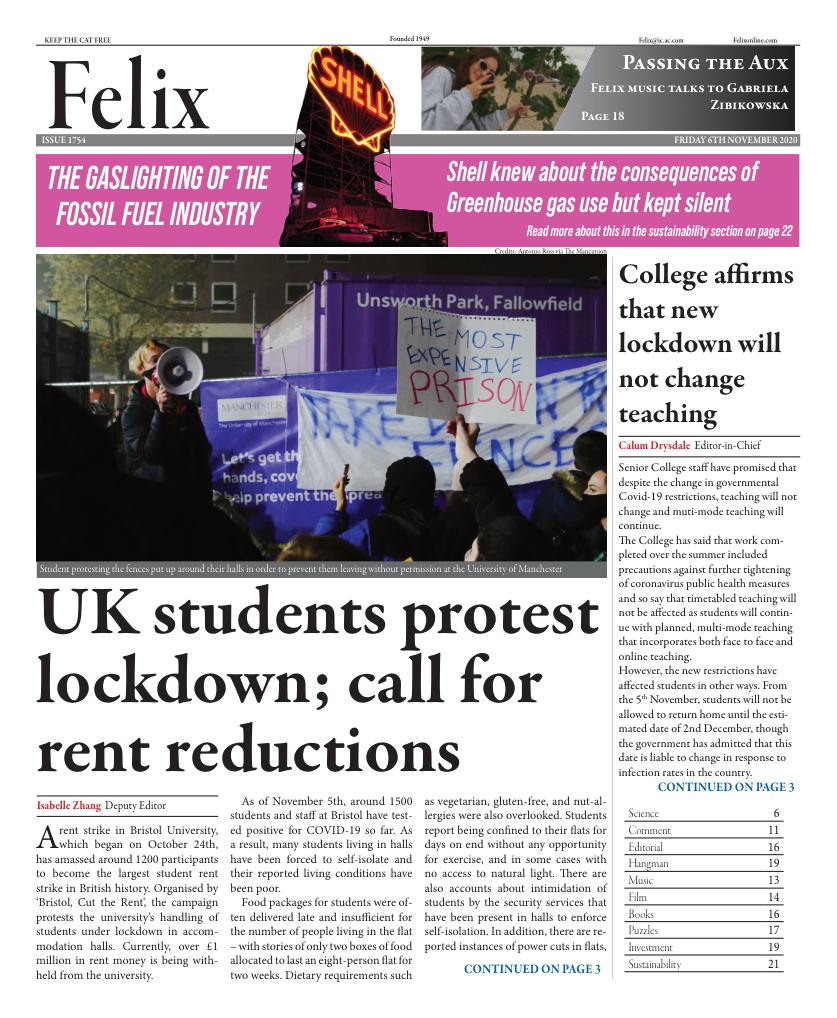It’s game over for FIFA loot boxes, EA.
It appears Electronic Arts (EA) are feeling the heat in recent times, but how have they got to this point? Our gaming editor, Ahmad Danesh discusses.



Released: December 15, 1993The first of its illustrious history. The game was well received at the time, being described as “the complete simulation of the sport” by Computer Gaming World. Of course, this was 1993 so its retro aesthetic is of no match to the current iteration in FIFA 21, but it marked the first big step for EA into the football simulator world.FIFA 06
Released: September 30, 2005Yes, the game for 2006 was released in 2005. However, that’s not really the point. FIFA 06 offered a complete rewrite of the base game engine, yet more importantly, the ball physics felt smoother at the time compared to its previous counterparts - no surprise really that it was awarded a ‘double platinum’ award for sales.FIFA 17
Released: 29 September 2016The last great FIFA. Low driven shots were ridiculously overpowered and it was the first title with the new Frostbite game engine, which previously supported EA’s Battlefield series. However, the gorgeous appeal of the stadiums and the balance of the players made it worthwhile to play (for most of the time).
“Hey Dad look! I spent five grand on this game just within this first minute and look! I packed Ronaldo, Messi and Ben Yedder! Wow! So much skill! I love FIFA!”, say an increasing proportion of unwitting, uninformed and admittedly guiltless video gamers in the age bracket of 10-15.
I love football, and I love video gaming. The only game I’ve ever known of which collides the two realms together to enjoy them simultaneously in one sitting is FIFA. EA, however, don’t seem to feel the same.
Right, I should admit at this point that someone reading this paper will think “EA? FIFA? Wait, I know about a team in red and white called Arsenal but apart from that, what on earth is he talking about here? And what are loot boxes? Where is this going?!”
So, to sort this all out, I’ll briefly explain who EA are and what FIFA is.
EA (or “Electronic Arts” to spell out in its entirety) is a Canadian game developer based in Vancouver, and they publish some of the gaming world’s most prominent titles — Battlefield, Need For Speed, Plants vs Zombies and even Simcity.
FIFA is its biggest seller. When you think FIFA, think of the big daddy i.e. the McDonalds to your local Chinese takeaway — it is huge! Just for one of its titles, FIFA 18, 24 million copies were distributed within a 12 month period. The game itself is a football simulator, designed to replicate all aspects of a 90 minute football game alongside curated modes for the hardcore gamer in Ultimate Team and the casual gamer who wishes to play with his friends for a laugh in Pro Clubs.
Now comes the crux of the problem, or the heart of the matter: EA have changed FIFA. Ultimate Team is its greatest asset when it comes to revenue streams. Players buy specific iterations of player items (often referred to as “cards”) with in-game currency that they can access using real sterling, euros or dollars. Before April 2015, this wasn’t necessary. It was possible to make a living on the video game if you had an incredibly poor team but if they were all able to run at the speed of Usain Bolt, you could beat anyone, anywhere no matter the team in question. However, EA changed this after 2015 so that the game became increasingly dependent on the quality of your team, which in turn is proportional to the size of the bank... account one writes off to fund their extraordinarily short-term virtual asset.
FIFA rewards players specific player and club related items using “packs”. When you think of packs, think of a slot machine. When you put in a pound coin and pull the lever, you’ll see some result, whether good or bad it belongs to you. Legally in the gaming world it’s known as “loot boxes”, and this is where the problems begin. Kids love gambling. “Ooh I want to put in a pound coin and get the best outcome for my money!”, and we can all attest to some moment of our lives where this felt true. The sense of euphoria when you receive more than what you paid for is the feeling we crave for as human beings as it lets us indulge in a sense of achievement and improved position in the world. In FIFA, it’s much the same.





Gamers want the best football players on their team, whether that be Ronaldo, Neymar, Messi or Ben Yedder. The chance of such outcomes are so slim, you’d probably stand more chance of winning the lottery (but please don’t quote me as fact, it’s just hyperbole). The fact is, gamers spend hundreds, if not thousands on attaining such bespoke and highly lucrative items (which to make things worse expire at the end of September of the next calendar year after release). An accountant would say you would be mad to make such a foolish expense on such a short term asset. This isn’t a game, this is pseudo-gambling addiction the way I see it.
A video game that requires a larger expenditure than simply purchasing the disc itself is not a game but more of a gambling machine. Spend £55 on release day for FIFA and you’d still need to spend more than £50 per month on average just to attempt (not even guarantee) to get the best players in the game for your squad. It’s purely gambling and although other people might stand differently to the view I’ve delivered so far, it is not sustainable for a 13-year-old to empty more of his account just to earn players that would last him the best part of 12 months.
Again, a video game should be about having fun at no more of an expense than purchasing the title itself. If you pay £50 for the new edition then that’s all you should pay to enjoy the experience like everyone else. Take Infinity Ward’s Modern Warfare and Warzone as an example: all the guns are accessible, some from the start and others are unlockable by completing in-game challenges. The only purchases that you are free to make are purely cosmetic e.g. new soldier skins, bullet tracers that shoot bullets with rainbow colours or camos for cars. Even if you purchase the battle pass, which for those unfamiliar is like a Tesco Clubcard that offers rewards based on how much you play (or in Tesco’s case, pay) you still earn enough points to purchase the next battle pass, so in essence it’s a one off purchase for a lifetime of free cosmetic assets.
When parliament demanded EA to explain why loot-box mechanics were prevalent in FIFA, vicepresident Kerry Hopkins described them as “surprise mechanics” akin to “Kinder Eggs”. That simply is a flawed argument at best — you’re guaranteed chocolate and a toy in Kinder Eggs, but in FIFA it’s not even a certainty whether the chocolate will be rewarded to you. Overall, EA has adopted a pay-to-win structure, and it’s killing the fun out of a gaming series well embedded in modern culture. Pro clubs, which is a game mode where friends play together against other teams, has simply been disbanded and only refined once in the past 5 iterations. A gamemode where there isn’t a pay-to-win structure is simply left to rot with countless bugs and glitches while EA are catering to Ultimate team in conjunction with the eSports scene, where obscene fees are paid to obtain the best items in their Ultimate Team squad. Professional eSports athletes fight it out with the very best items in the game, even after expenditures upwards of £10,000 simply to start off with. When I started FIFA 21 the other week, I was running with a 3 star team, whereas my opponent already spent enough money in 24 hours to obtain Ronaldo, Messi and icon Del Piero. Game publishers and eSports deserves its own discussion since there’s too much to discuss regarding the matter in simply one article.
FIFA needs to change. Their monopoly on the game allows them to get away with such pseudocasino- esque practices. Whilst online names such as Kurt0411 are trying to raise their voices on the matter, EA take the short road and simply ban their accounts on mention of the matters that they’re being required to answer. The game is encouraging gambling, and without intervention, the problem will get much bigger until livelihoods are ruined.
After the time of writing, it was reported that EA was fined up to €10 million by the Netherlands Gaming Authority (KSA) for failing to “heed the KSA’s call” to adapt their games by removing gambling elements in their titles.








